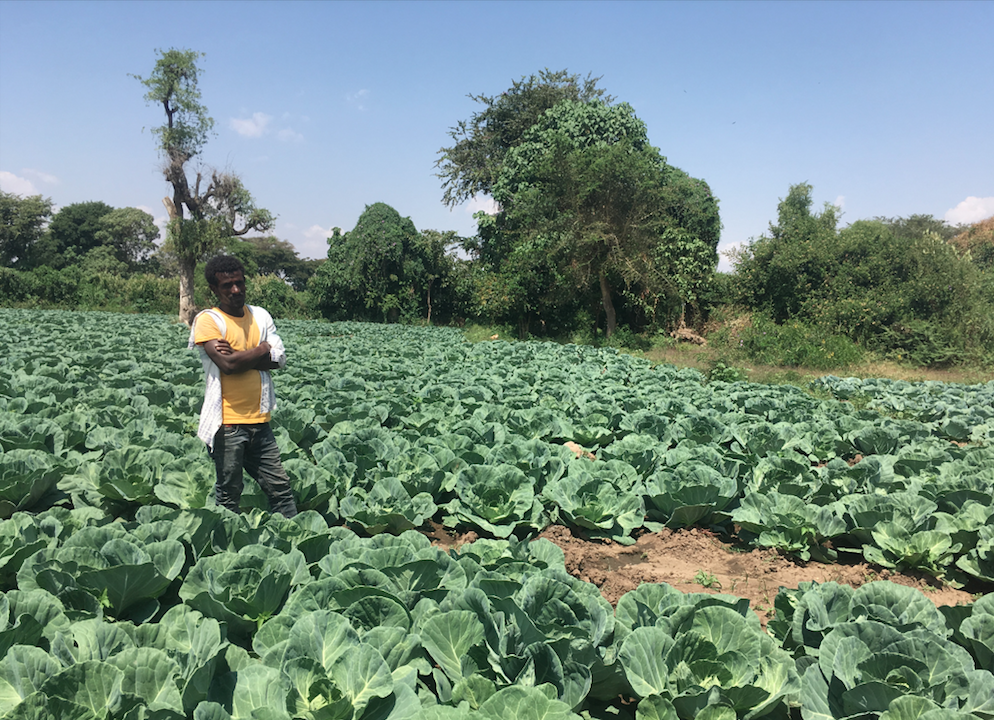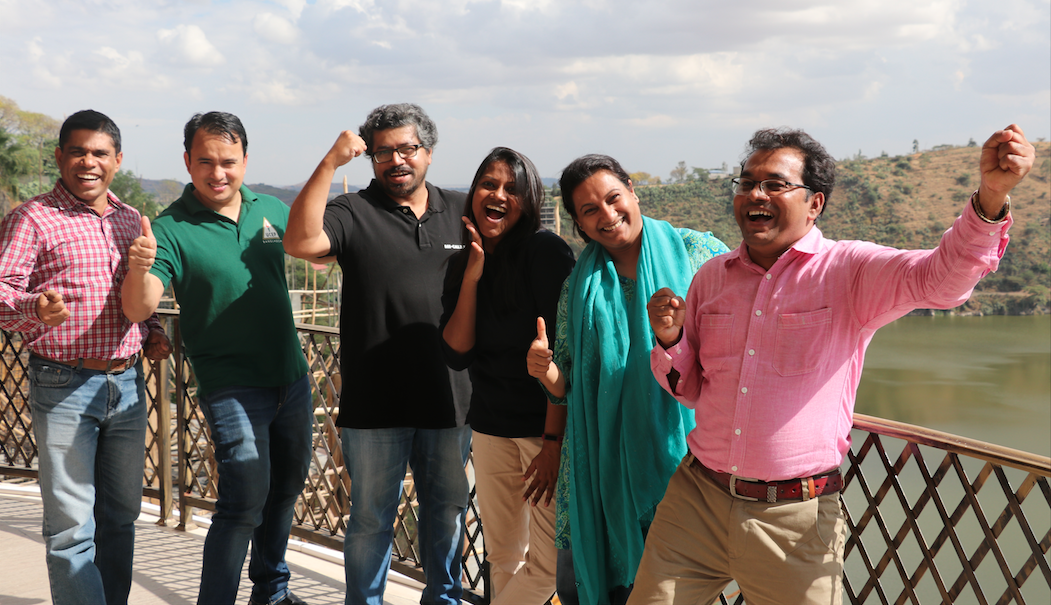It is women’s business: mobilizing young women
During the Global Learning Event in Ethiopia of the Empower Youth for Work (EYW) program, 4 young participants of the program shared their story. They are entrepreneurs and some are part of the Youth Advisory Board in Ethiopia. Read what Tosiba Kashem, Project coordinator EYW in Bangladesh, learned from the Ethiopian context and how these learnings can be used in Bangladesh.
‘It is not women’s business!’
The community always told us agricultural production business is not for you, this is for men… but we did it and showed them… We have the capacity to work together with men.’
Biritu Tullu, women entrepreneur from Munessa Woroda, Ethiopia
In Ethiopia, it is not easy for young women to start their own business. Ethiopian men are the main forces in crop production and business, and it is generally believed that only men are capable of producing crops and selling them in the market. Society thinks that young women do not have the same capabilities as men, and thus does not allow young women to access the business market; young women also lack access to the funding needed to run a start-up.
Similarly, in Bangladesh, existing social norms are creating barriers for women to get involved in paid employment or to start their own business. In countries with such male-dominated economic structures, business is simply considered to be not women’s business.
But… is it women’s business?
Women make up a significant part of the society; they also play an important part in growing crops and are involved in economic production. There is no reason to exclude women from the business market. For the common good of all society, it is important for the family and community to involve women in economic activities.

It is women’s business!
The Empower Youth for Work (EYW) project in Bangladesh is providing entrepreneurship training to both young women and men. However, the main challenge the program faces is mobilizing young women to participate in the training. This is because the training course is residential, while girls and young women are not usually allowed to move and stay outside of the home. Even for those who do take part in the training, their families usually do not allow them to start a business. Young women also struggle to get access to information and services due to their restricted mobility. In short, social norms are the key barrier in the context of Bangladesh.
At the Global Learning Event in Ethiopia, the Bangladesh team learnt from the experiences of other EYW teams about strategies to influence social norms. In order to engage more women and to build up their skills, capacity and confidence to run their own business, it is crucial for colleagues in Bangladesh to work with the women’s families and wider communities to sensitize them about the project aims and the benefits of women’s economic empowerment. The team learned that it is also very important to engage men who are already sensitized and motivated, so that women’s potential and capacity in running a business or becoming successful entrepreneurs can be recognized and supported within the same business group.

During the event, lessons were also shared about overcoming the problem that many young women encounter in trying to establish a business – lack of money to start up. Biritu Tullu, a women entrepreneur from Munessa Woroda in Ethiopia, shared her experience in the EYW program. Firstly, she and other women joined a mixed group with male counterparts and pooled their savings to start crop production. The group then took out a loan to run their own crop production business. With a clear vision, they managed to pay back the loan; they then took out a second loan to expand their business, and began selling coffee as a side venture.
The experiences of women entrepreneurs in creating successful business models have demonstrated that women do have the capability to engage in economic activities despite the obstacles, providing inspiration for their counterparts in the EYW program in Bangladesh.
